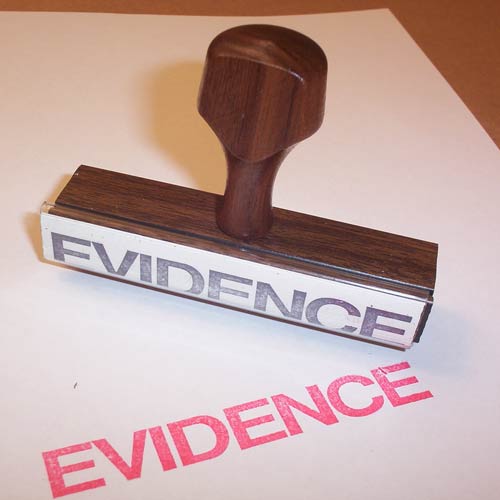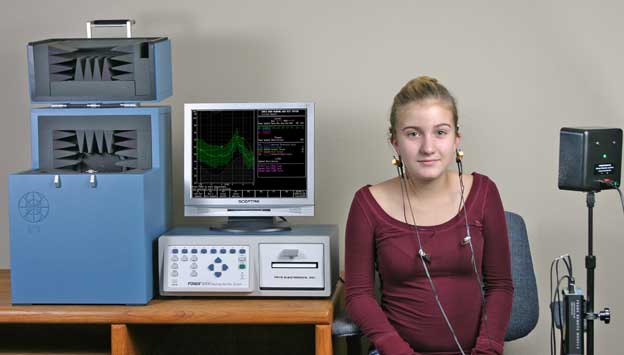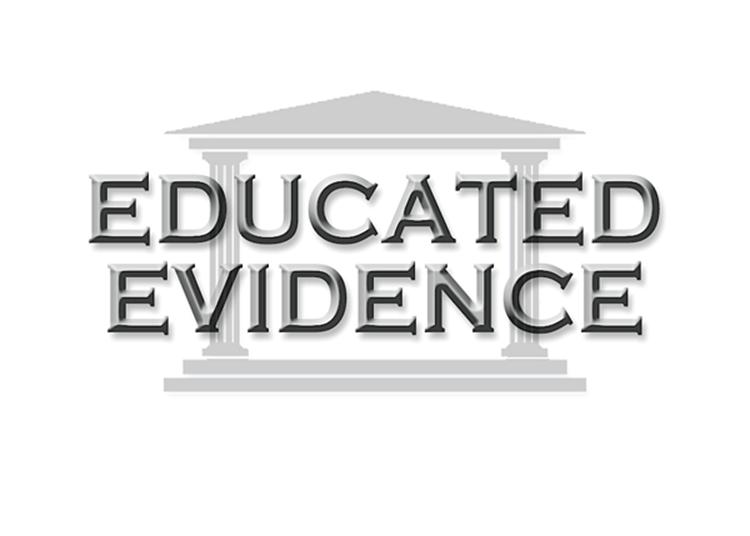Difference between Daubert and Frye

In legal proceedings, expert testimony has always been a matter of concern, not only for the parties involved in a case but also for the judicial staff, like judges. Expert testimony refers to the scientific evidence produced in court against the guilty. However, there have been instances of false expert testimonies, resulting in innocents being punished. There are two major systems of scientific evidence – the Frye test or Frye standard and the Daubert test. Many people get confused in differentiating both of these systems and end up considering them the same.
However, with a close study of these systems, you can easily point out many differences that distinguish Frye test from the Daubert test. The Frye test has a prolonged history as it was introduced in 1923 and was used up till 1993, while the Daubert test was first applied in 1993 and is being used to date. Frye test is related only to scientific knowledge, while Daubert test not only applies scientific knowledge but also involves technical and specialised knowledge. Though the Daubert test superseded Frye test, there are many states that still consider Frye test as the authentic way of producing scientific evidence. However, there are a large number of states that are using the Daubert test and it is growing very fast.
Instructions
-
1
Frye Test:
In 1923, a murder case named Frye v. US was filed and the defendant produced an expert’s testimony in his defence - using a method in which one can judge the truthfulness of a person through gauging his/her blood pressure. He proved his point through this scientific evidence and since then, the Frye test became a standard for judging the statements of people involved in any case. In this test, scientific methods are employed to know the admissibility of expert’s testimony to bring out the truth. The Frye test was considered as the standard until 1993, when the Daubert test was introduced and it superseded the Frye test.
Image courtesy: frye.com

-
2
Daubert Test:
The Daubert test was first introduced in 1993, in a case between Daubert and Merryl Dow. The Supreme Court revealed its decision based on scientific testimony, and it became the standard till date. This test has gradually become more reliable and is vastly employed in many states, which shows its credibility and authenticity. However, it is still in the process of development and all states have not yet adopted it.
Image courtesy: educatedevidence.com







